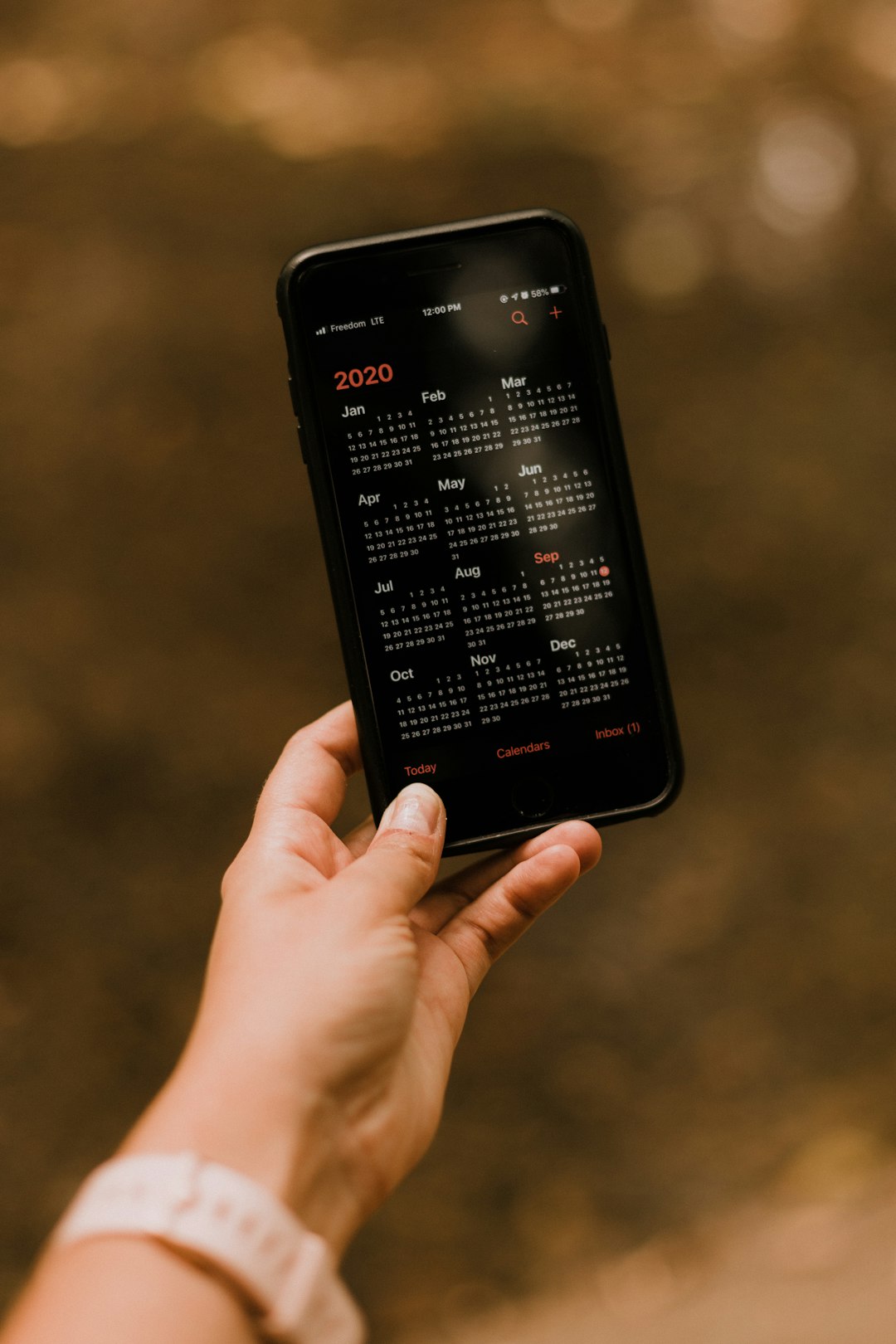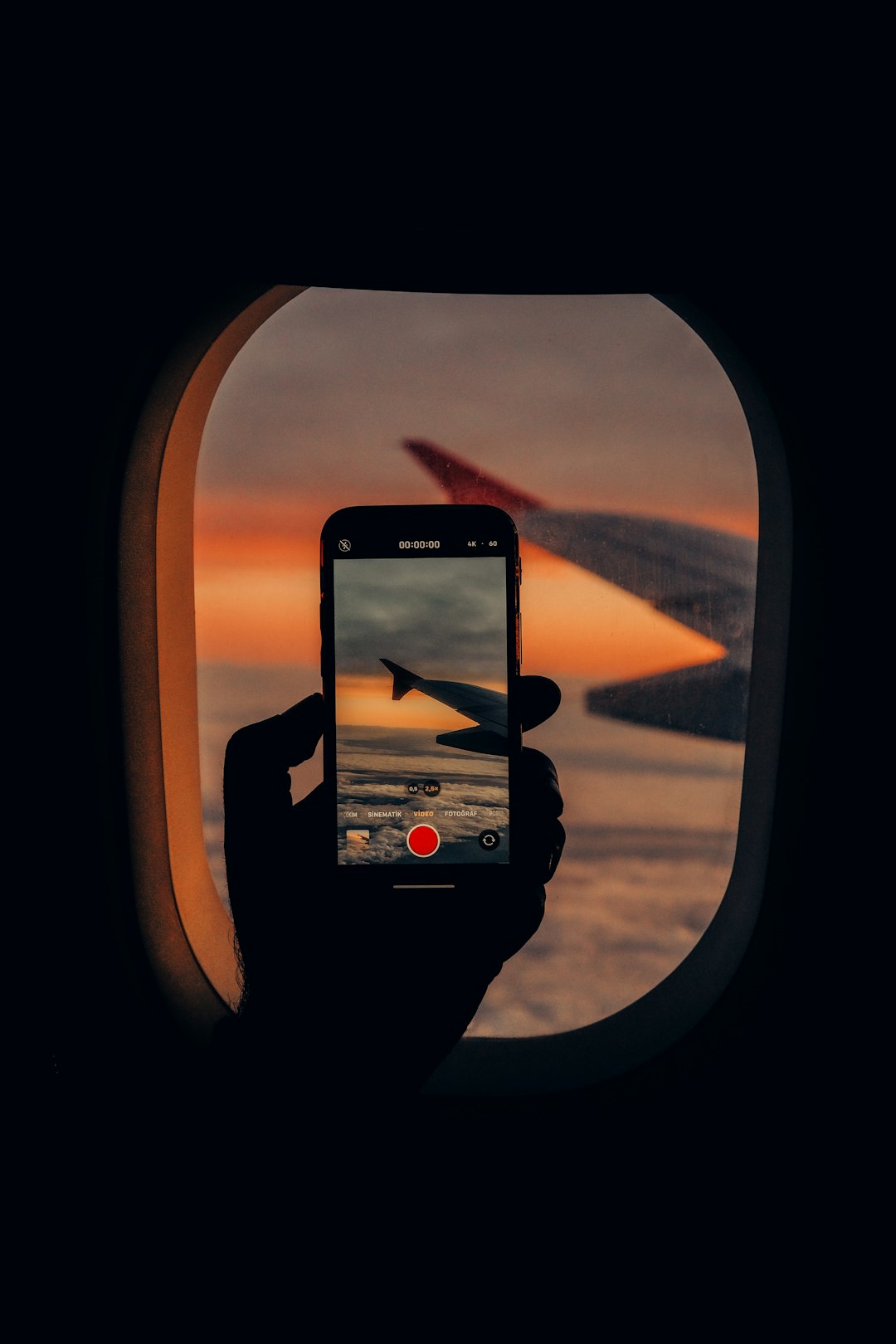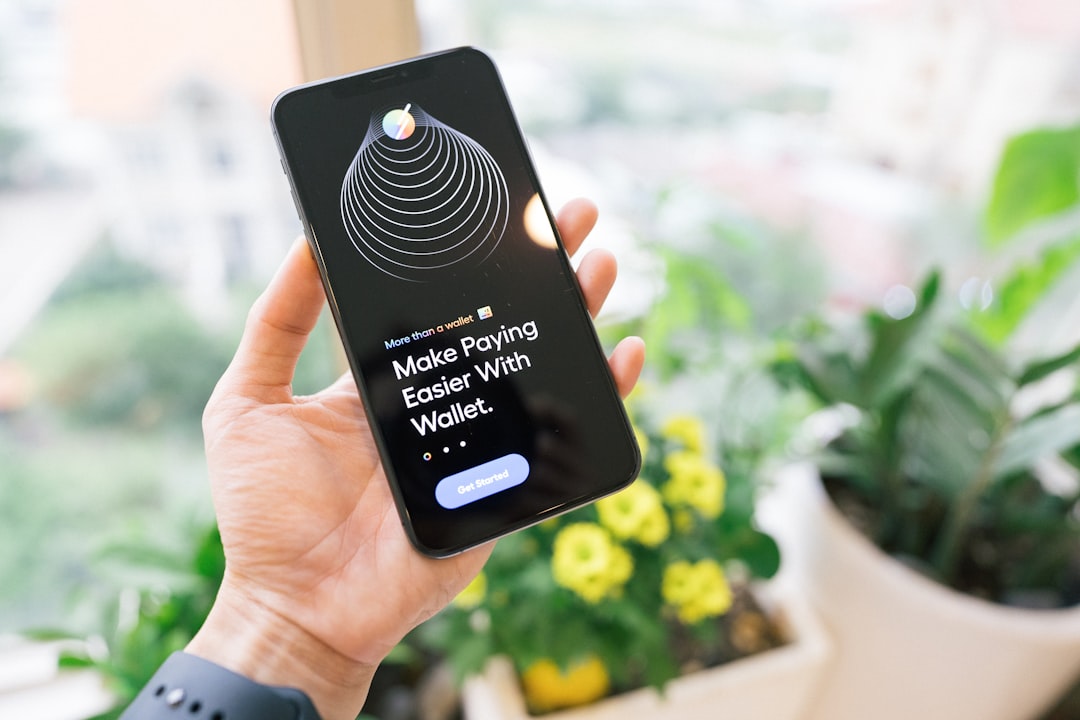In today’s hyper-connected world, mobile devices like the iPhone hold a wealth of personal and professional information. From online banking apps to confidential emails and location data, smartphones are potential targets for cybercriminals and data trackers. For iPhone users worried about digital privacy and security, setting up a VPN (Virtual Private Network) can be a valuable step — but is it truly necessary?
Understanding What a VPN Does
A VPN creates a secure, encrypted connection between your iPhone and the internet. This “tunnel” masks your real IP address and reroutes your traffic through a remotely located server, helping to:
- Protect your personal data from hackers on public Wi-Fi
- Maintain privacy by hiding your online activities from ISPs and advertisers
- Allow access to geo-restricted content and bypass censorship

Why Use a VPN on an iPhone?
While iPhones are often considered more secure than other devices due to Apple’s stringent App Store policies and iOS security architecture, they are not invincible. A VPN adds an additional layer of protection in situations where that security might be compromised, such as:
- Using public Wi-Fi: Coffee shops, airports, and hotels are notorious for having unsecured networks. A VPN ensures your traffic is encrypted, making it much harder for hackers to intercept it.
- Accessing region-specific content: If a streaming service is only available in certain countries, a VPN can allow you to change your server location and gain access.
- Preventing tracking: Many websites and apps track user activity for targeted advertising. With a VPN, your IP address is hidden, reducing the extent of tracking.
Potential Downsides
While VPNs offer several benefits, they come with a few caveats:
- App performance: VPNs can slow down internet speed, especially if the server is far from your location.
- Battery drain: Continuous VPN usage may slightly reduce iPhone battery life.
- Trust in providers: Choosing the wrong VPN may put your data at risk. Some free VPNs actually collect and sell user data.
It’s important to do thorough research and use a reputable, no-log VPN provider.
How to Set Up a VPN on an iPhone
Setting up a VPN is straightforward on iOS:
- Download a VPN app from the App Store (look for reputable names like ExpressVPN, NordVPN, or Proton VPN).
- Install the app and follow setup instructions, often involving logging in and selecting a server location.
- iOS will prompt you to allow the VPN configuration—grant this permission.
- Once connected, a small “VPN” icon will appear in the status bar.
You can also manually configure a VPN by going to Settings > General > VPN & Device Management, though this is typically only necessary for corporate or custom VPN configurations.
Who Should Definitely Use a VPN on Their iPhone?
Not every user needs a VPN, but certain groups benefit much more:
- Frequent travelers: Regularly accessing public Wi-Fi abroad increases risk of eavesdropping.
- Remote workers: Secure access to company resources from different networks is often a requirement.
- Privacy advocates: If anonymity or data protection is important, a VPN is a must-have tool.
Even for casual users, having a VPN installed and turning it on as needed (especially in public places) provides a reasonable balance between convenience and security.

FAQ: VPN on iPhone
- Is it legal to use a VPN on an iPhone?
Yes, VPN use is legal in most countries. However, it’s advisable to check local laws before using one abroad. - Will a VPN drain my iPhone battery?
A VPN uses additional processing power and will slightly impact battery life, but the difference is usually minimal with modern devices. - Is a free VPN safe to use?
Not always. Many free VPNs make money by logging and selling user data. It’s best to invest in a trusted, paid VPN service. - Can I use a VPN for streaming on my iPhone?
Yes, many users access geo-restricted platforms like Netflix or BBC iPlayer using VPNs. However, not all VPNs are capable of bypassing these restrictions. - Do I need a VPN if I only browse reputable websites?
Even reputable sites track user behavior and may expose data if visited on an unsecured network. A VPN adds an extra shield of protection regardless of the site.


